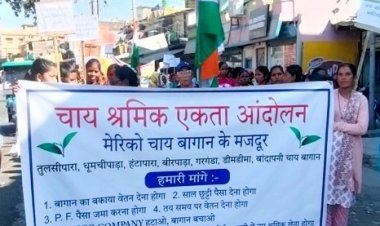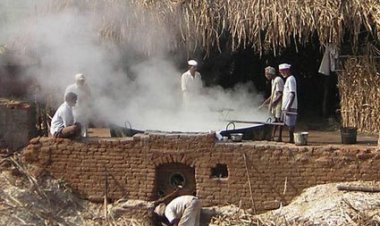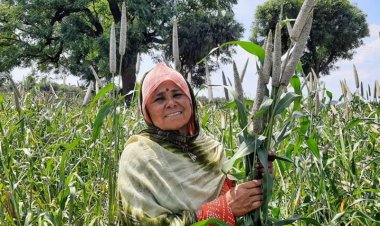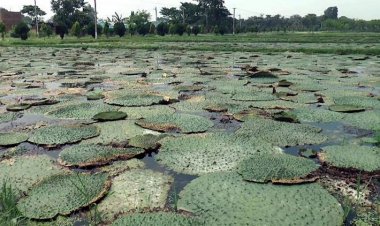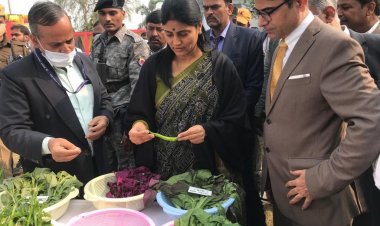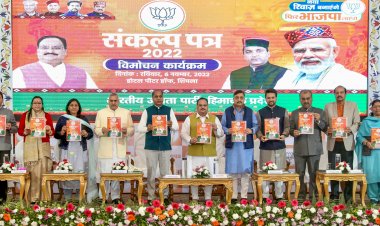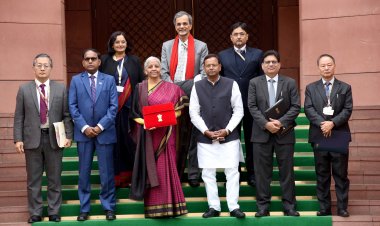Rice Millers' disputes with government disrupt paddy procurement in Haryana
The government procurement of paddy in Haryana officially began on September 27, 2024, but farmers are still facing significant challenges as the process has not been fully streamlined in the state's anaz mandis. Disagreements between the government and rice millers over the purchase of PR paddy have left farmers in distress.
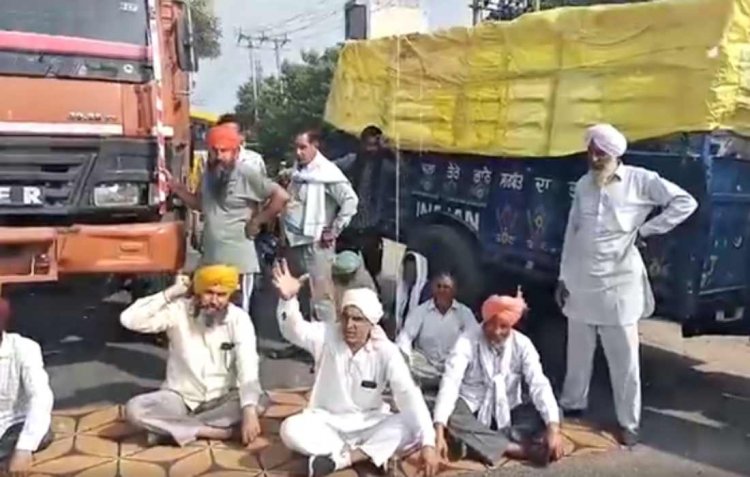
The government procurement of paddy in Haryana officially began on September 27, 2024, but farmers are still facing significant problems as the process has not been fully streamlined in the state's anaz mandis. Disagreements between the government and rice millers over the purchase of PR paddy have left farmers in distress. Millers are currently on strike, demanding changes to several policies, which has slowed down the purchasing process. Despite ongoing harvesting, thousands of tons of paddy are arriving daily at the mandis, but farmers are not getting buyers.
The Haryana Rice Millers Association is demanding revisions to the outdated milling policy, which was established 30 years ago. A private miller, speaking anonymously to Rural Voice, said that they are facing losses due to the breakage of hybrid paddy during milling and are calling for new regulations. The millers want the government to accept 60 kg of rice for every 100 kg of paddy. Additionally, they are asking for a revision of the milling rate, which has been fixed at Rs 10 per quintal for three decades, despite rising costs. Until these demands are met, the millers have refused to register for PR paddy milling.
Farmers like Anoop Singh from Kaithal district are particularly frustrated. He brought his paddy to the market a week ago, but it got soaked in the rain and has started turning black and sprouting. Despite drying the crop, he is uncertain when it will be purchased. Similarly, in Narwana mandi of Jind district, commission agent (Arhtiyas) Devi Dayal Sharma confirmed that government procurement has yet to begin due to the millers’ strike, leaving farmers without buyers.
Initially, paddy procurement was set to start on September 23, but the government unexpectedly postponed it to October 1, which sparked protests. As a result, the government moved the date back to September 27. However, the ongoing strike and lack of buyers have once again left farmers in a difficult situation.



 Join the RuralVoice whatsapp group
Join the RuralVoice whatsapp group

















